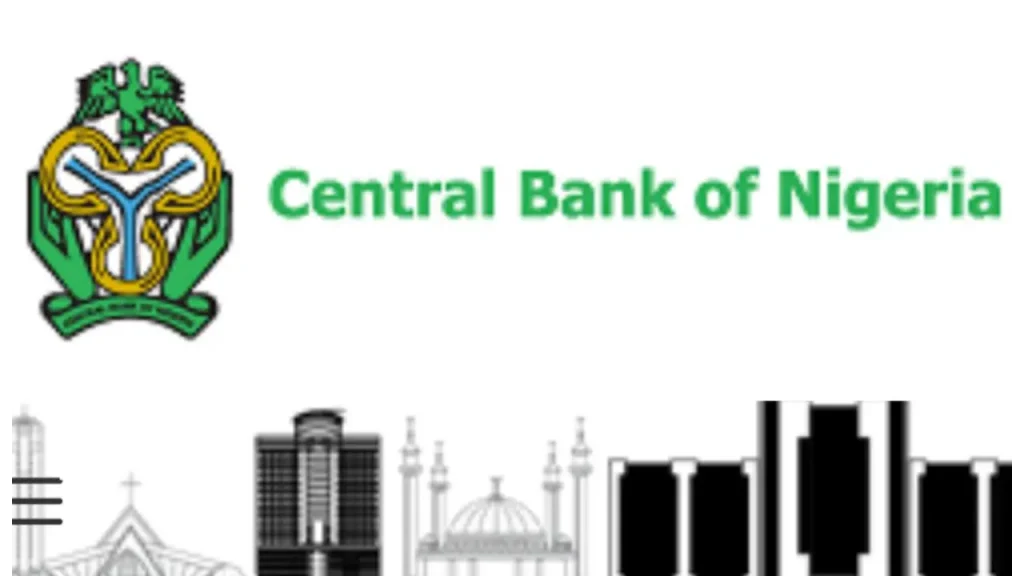• Strategic Reforms: Governor Olayemi Cardoso’s 10-point reform agenda aims to enhance monetary stability and corporate governance within Nigeria’s financial sector.
• Digital Transformation: The CBN’s approval of open banking, effective from August 2025, is set to foster innovation and competition in Nigeria’s fintech landscape.
Central Bank of Nigeria: Reforming for Stability
The Central Bank of Nigeria began implementing a comprehensive 10-point reform agenda under the leadership of Governor Olayemi Cardoso. With the goal to safeguard monetary and price stability, this initiative is designed to enact compliance to the CBN legislation from 2007 and to guarantee a zero-tolerance policy over corporate governance violations within the financial system. The objective of these reforms has become to strengthen Nigeria’s financial institutions’ resilience and credibility. The CBN has taken serious steps to address foreign exchange problems addition to revamping governance. The bank terminated 4,173 exchange bureaus’ licenses in March 2024 because of their failure to comply with legal obligations, among them not submitting transaction returns and covering renewal fees. The objective of this measure is to strengthen the integrity of the currency exchange market and prohibit unauthorized forex trading.
Also Read: AT&T’s ORAN shift: A game-changer for telecom giants
Also Read: Ericsson unveils rapid-deploy radios for crisis and public safety use
Central Bank of Nigeria: Innovation and Challenges
In Nigeria’s financial businesses, the CBN has taken up an effort on digital transformation also. The bank permitted the complete introduction of open banking in May 2025, obligating all banks to get started communicating customer-permitted financial data with approved financial service providers in August 2025. By offering underbanked people as well as small companies further access to financial services, this initiative is anticipated to improve financial inclusion, encourage competition, and improve service delivery. Nevertheless transitioning to digital currencies presents its own set of obstacles. Because of an absence of new banknotes and insufficient infrastructure for electronic payments, the CBN’s efforts to redesign the naira and promote cashless transactions are now according to flames. A cash shortage emerged in such issues, and this have impacted consumers as well as companies.
The CBN confronts numerous challenges associated with Nigeria’s finances. The country continues to grapple with difficulties including currency devaluation, inflation, and insecurity. These parts make it more challenging for the CBN to preserve monetary stability and support economic expansion. Despite all of this, the CBN’s technological advances and strategic reforms have the objective for building up Nigeria’s financial system for innovation and resilience in the face of difficult times.

